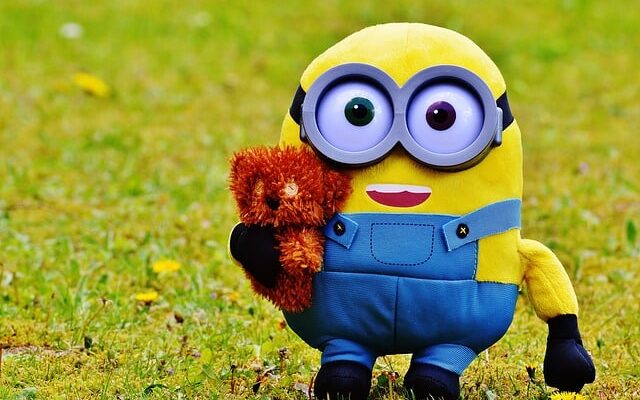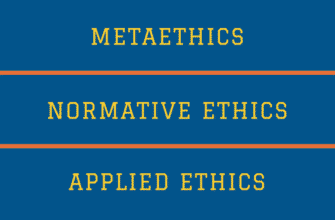When you hear a leader refer to the team as “followers” do you cringe? We are raised to not be a follower, but why does it have such a negative connotation? What happens when you find someone you truly believe in? Someone who inspires you and pushes you to better then you are? Can you be a leader and a Minion?
In the movie Despicable Me, the Minions help the super-villain execute his evil plans. The term “minion” seems less-than-complimentary; after all, a minion by definition is a “servile dependent, follower, or underling.” But these yellow, cylindrical creatures are the types of followers we should strive to manage.
According to the Robert Kelley’s book The Art of Followership, we need Star Followers. These individuals are positive, independent thinkers. If you’re interested in blind obedience, this is not the group for you; a Star Follower will not accept a decision without first evaluating it completely. If you can persuade them, you will earn their full support. If they do not agree, they’ll challenge you until either a revised method is determined or they are convinced that this is the best course of action.
If the Star Follower sounds like they’re more trouble than they’re worth, let’s consider the alternatives. Kelley lists four other types of followers:
The Sheep: These individuals will do what you say with no more or less. They require constant supervision, lack commitment, and are generally passive. I don’t know about you, but Sheep seem like they create more work for the leader.
The Yes-People: Like Sheep, Yes-People will do what they’re told. Unlike Sheep, they’ll do it will an agreeable, energetic smile. Unfortunately, while Yes-People are committed to you and the organization, their feedback is meaningless since every idea you propose is “the best idea ever!”
The Pragmatics: If you need a hard working group to support you, Pragmatics are the followers for you. If you need them to support you when times are tough, look elsewhere. These individuals shun controversial and/or unique ideas. Basically, Pragmatics don’t follow you, they follow the followers.
The Alienated: When you order pizza for the team, those in this group are the first to say, “What, no pepperoni?” The Alienated are negative and undermining. They provide destructive (versus constructive) criticism in an attempt to make you look bad. If you want to be surrounded by these individuals, you are a masochist.
Are Star Followers looking better now? Do yourself a favor, instead of spending your time micromanaging a less-than-stellar team, create a culture of Star Followers. Encourage independence, positivity, and those who take initiative. It makes you’re life easier and yields better results for the organization. If a supervillain can build a Minion-esque team of Star Followers, so can you.







